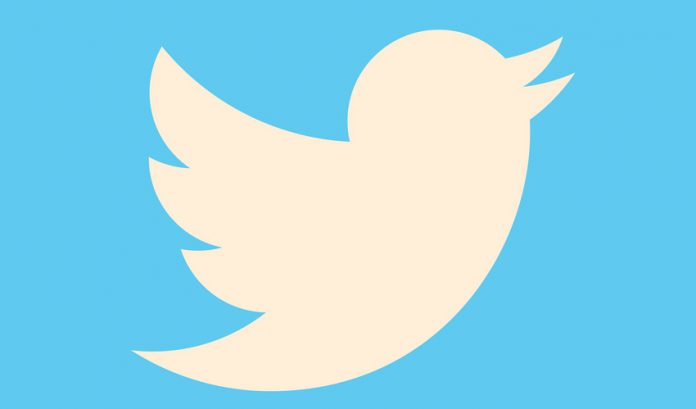Twitter CEO, Elon Musk stated on Saturday an idea for his Twitter platform that would enable media publishers to charge users with a simple click for every article.
“This enables users who would not sign up for a monthly subscription to pay a higher per article price for when they want to read an occasional article,” Musk tweeted. “Should be a major win-win for both media orgs & the public.”
Rolling out next month, this platform will allow media publishers to charge users on a per article basis with one click.
This enables users who would not sign up for a monthly subscription to pay a higher per article price for when they want to read an occasional article.…
— Elon Musk (@elonmusk) April 29, 2023
Musk had previously said earlier in April that “content creators” from all around the world may apply to provide their followers subscription content without Twitter taking a cut for the first 12 months (additional fees from platforms like Android and iOS would still need to be paid).
According to Reuters, Musk stated on Friday that the platform would deduct 10% of all content subscription fees after the first year. The modifications follow uproar around Twitter’s inaccurate labelling of several media organisations, including NPR, as “state-affiliated.”
The inaccurate labelling of some outlets happened at the same time that Twitter made the haphazard decision to stop using its historic blue checks, which certified authentic public people and organisations, in favour of only offering blue checks to users who pay $8 per month for a Twitter Blue subscription.
Government-funded media(Last week, several prominently followed Twitter users who were not subscribing to Twitter Blue unexpectedly had their blue checks reinstalled without their approval).
As a result of the “state-affiliated” label being changed to “government-funded media,” which NPR claims is incorrect and misleading, the organisation announced on April 12 that it would stop using Twitter across all 52 of its official Twitter streams.
He stated that the scheme will start at the end of the month but gave no specifics on cost or the percentage cut Twitter would receive. The news came as Musk was battling to make Twitter profitable in the midst of ongoing turmoil.
Since readers have grown accustomed to getting news for free online, media companies have struggled to create subscription plans that cover their operating expenses. The Musk proposal raises concerns about just how he intends to succeed where others have failed with the micropayment strategy.
The Columbia Journalism Review article by British writer James Ball outlined a number of issues with micropayments, which he claimed have “definitely occurred to major publishers across the planet.”
When they come upon a paywall, many people will just click away, he observed. Additionally, publishers “vastly” prefer to sign up full-time subscribers because they generate significantly more ad revenue than the average of 20 cents per article they sell.
Other objections were made by a number of Twitter users. They argued that the per-article strategy may promote the growth of “click bait,” might favour large publishers over small ones, and might leave it unclear if authors, as opposed to merely news groups, would get any money.
However, some Twitter users responded favourably.
Greg Autry tweeted, “Great idea.” As a frequent author in publications like Forbes, Foreign Policy, and Ad Astra I’m often frustrated when my work ends up behind a paywall that my followers aren’t willing to subscribe to. This is the right solution.”
Great idea. As a frequent author in publications like Forbes, Foreign Policy, and Ad Astra I’m often frustrated when my work ends up behind a paywall that my followers aren’t willing to subscribe to. This is the right solution and it should help publishers lure in subscribers as…
— Greg Autry🚀🇺🇸🇹🇼 (@GregWAutry) April 29, 2023
And marketing author Carlos Gil tweeted the following: “Finally, a pay-per-view for news that won’t make you feel like you’re buying an overpriced stadium beer. Get your articles à la carte and keep your wallet happy.”
Finally, a pay-per-view for news that won't make you feel like you're buying an overpriced stadium beer. Get your articles à la carte and keep your wallet happy. It's like the Dollar Menu of journalism, but with fewer calories.
— Carlos Gil (@carlosgil83) April 29, 2023




